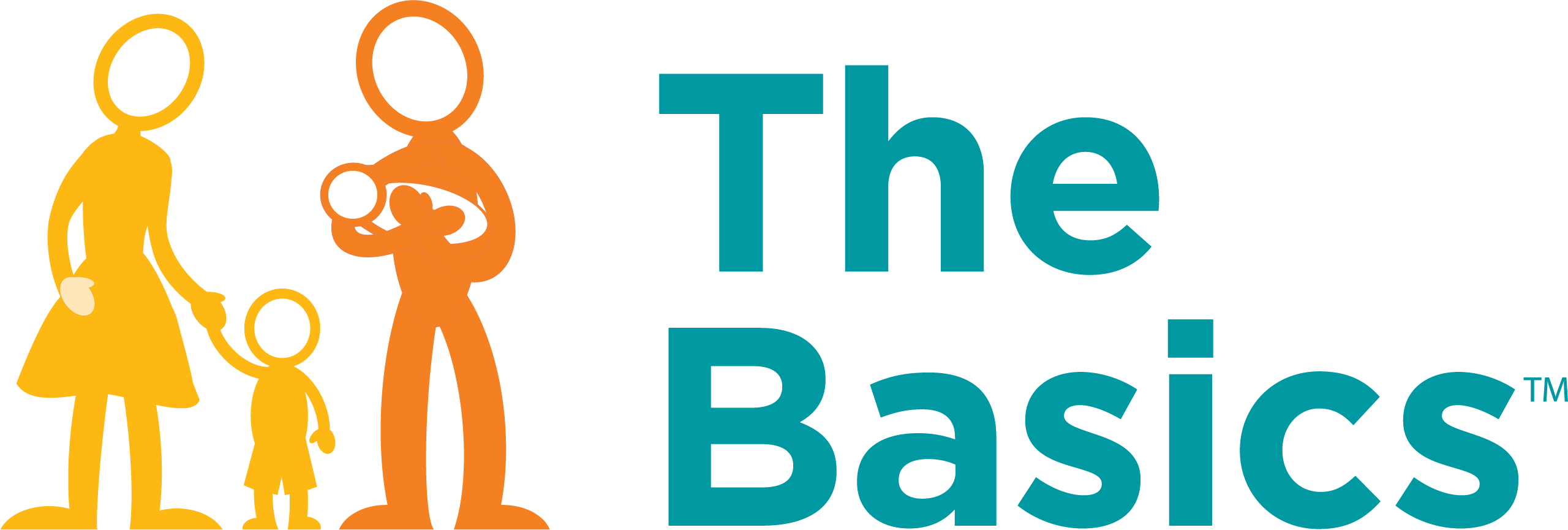Have a routine.
Routines help children (and adults) feel safe and organized. Try to have consistent times and ways of doing daily activities like meals, bathing, reading, and bedtime. Your child can help make a chart with the steps for their routine.
Let your child know a transition is coming. Say “We’re going to clean up for dinner in five minutes.” Be clear about what is coming next. “That means we will put the toys away and wash our hands.”
Help your child understand how certain rules allow everyone to work together and stay safe — like using “inside voices” or putting things away after using them.
Take time to care for yourself, even if you only have a few minutes. Call a friend, take a walk, stretch, eat healthy, breathe fully, or start a hobby. Talk to your doctor if you often feel sad or stressed.
Life can feel overwhelming, and we all make mistakes. Focus on the big picture and be gentle with yourself when things don’t go as planned. Ask for help. All parents need help at times.
Take a moment to think about a few things that make you grateful right now, big or small. Reflect and enjoy that feeling for a few minutes.
What situations tend to be stressful? Think about those situations ahead of time. How can you improve or avoid them? For example, preparing for the next day before you go to bed to make the morning less hectic.
